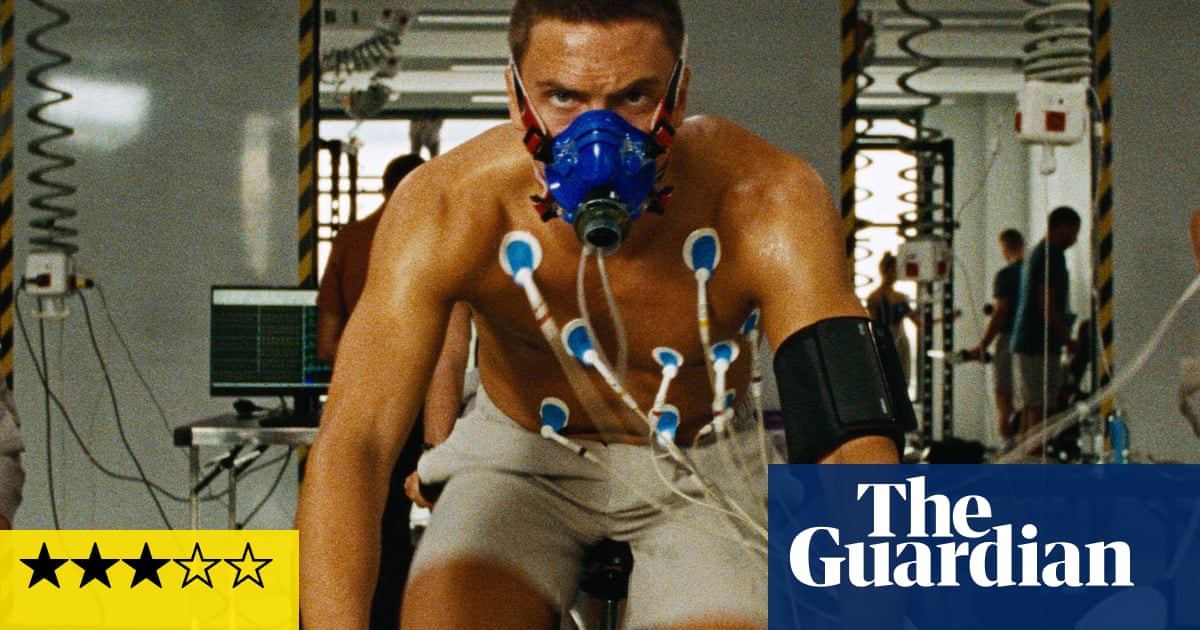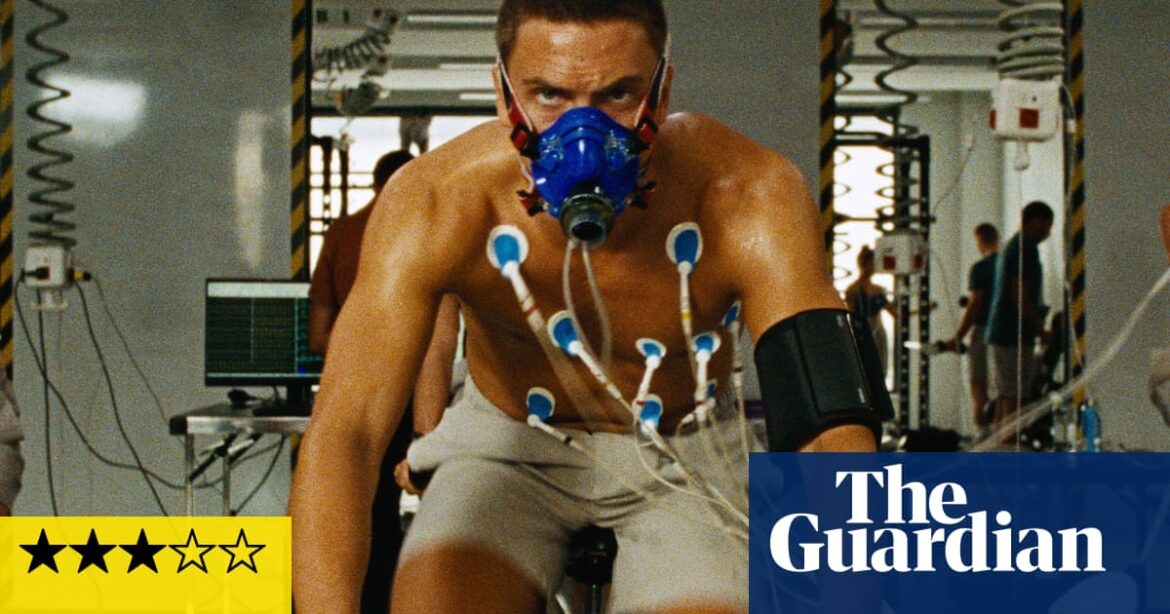
A
Recently, a new type of science fiction has become popular, particularly in Europe and mostly in France. This style focuses less on flashy special effects and relies more on clever use of makeup and sets. The genre often includes elements of body horror, similar to the work of David Cronenberg. French filmmaker Thomas Cailley’s film The Animal Kingdom, which premiered at Cannes and was shown at the London film festival, but has not yet been released in the UK, follows this style. The plot involves individuals who have been genetically mutated and transformed into animal-human hybrids, such as lizards, birds, and various mammals, as they leave society behind.
Tropic is a film directed by Édouard Salier, who has previous experience in horror films such as Cabeza Madre, as well as numerous short films and music videos. The film takes place in the near future where humanity has come to terms with the fact that Earth is doomed, not only due to environmental disasters but also because the sun will eventually swallow it up in 5 billion years. As a result, young students are being trained to become astronauts through intense and competitive academic programs. Non-identical twins Tristán (played by Louis Peres) and Lázaro (played by Pablo Cobo) are both enrolled in hopes of being selected for an “eternity voyage” into space. Tristán is the more confident and physically stronger twin, while their Spanish, working-class mother Mayra (played by Marta Nieto) jokes that when twins are born, one is typically less fortunate. In this case, Lázaro is the weaker and more reserved twin, lacking the ability to hold his breath underwater for extended periods of time and never having had a girlfriend. This is a tradition in their family, according to Mayra.
One day, everything changes for the boys when they are swimming at a nearby swimming spot and debris from space falls into the water. Lázaro only has minimal injuries, but Tristán develops a bacterial infection that causes brain damage, limited mobility, and changes the appearance of half of his face to resemble bubble wrap. As a result, he is moved to a special needs division of the school where he is grouped with other children who have complex issues. Some of these children use wheelchairs, while others seem to have more emotional and psychological scars. One such child is Oscar, who is neurodivergent and takes pleasure in reciting misogynistic rap lyrics. Another, Victor, scrolls through a dating app, commenting on each person’s photo with insults.
There are individuals with special needs who display aggressive behavior, representing young men. However, the lack of balanced or relatable characters in the film suggests ableism and implies that only physically fit, white individuals like Tristánn and Lázaro are deemed valuable. In comparison, Andrew Niccol’s Gattaca from 1997 tackled similar themes but did so in a way that questioned eugenics. The film lacks a clear moral stance from Salier and instead primarily focuses on creating a strong atmosphere. Despite this, the actors portraying the nuclear family are impressive and effectively convey a sense of closeness.
Source: theguardian.com



